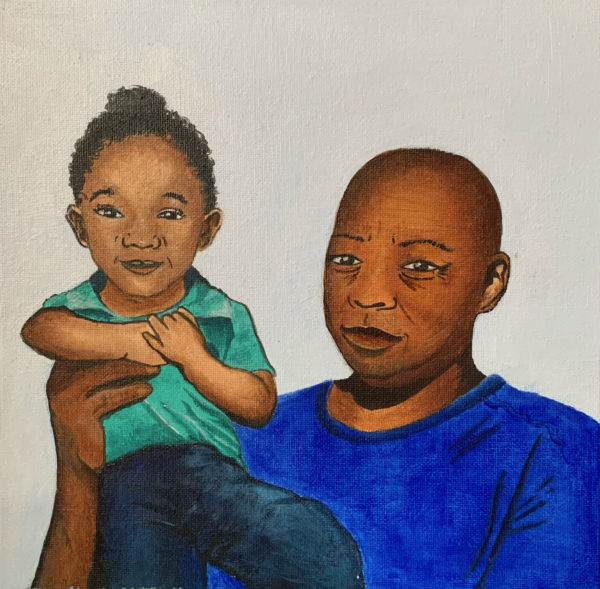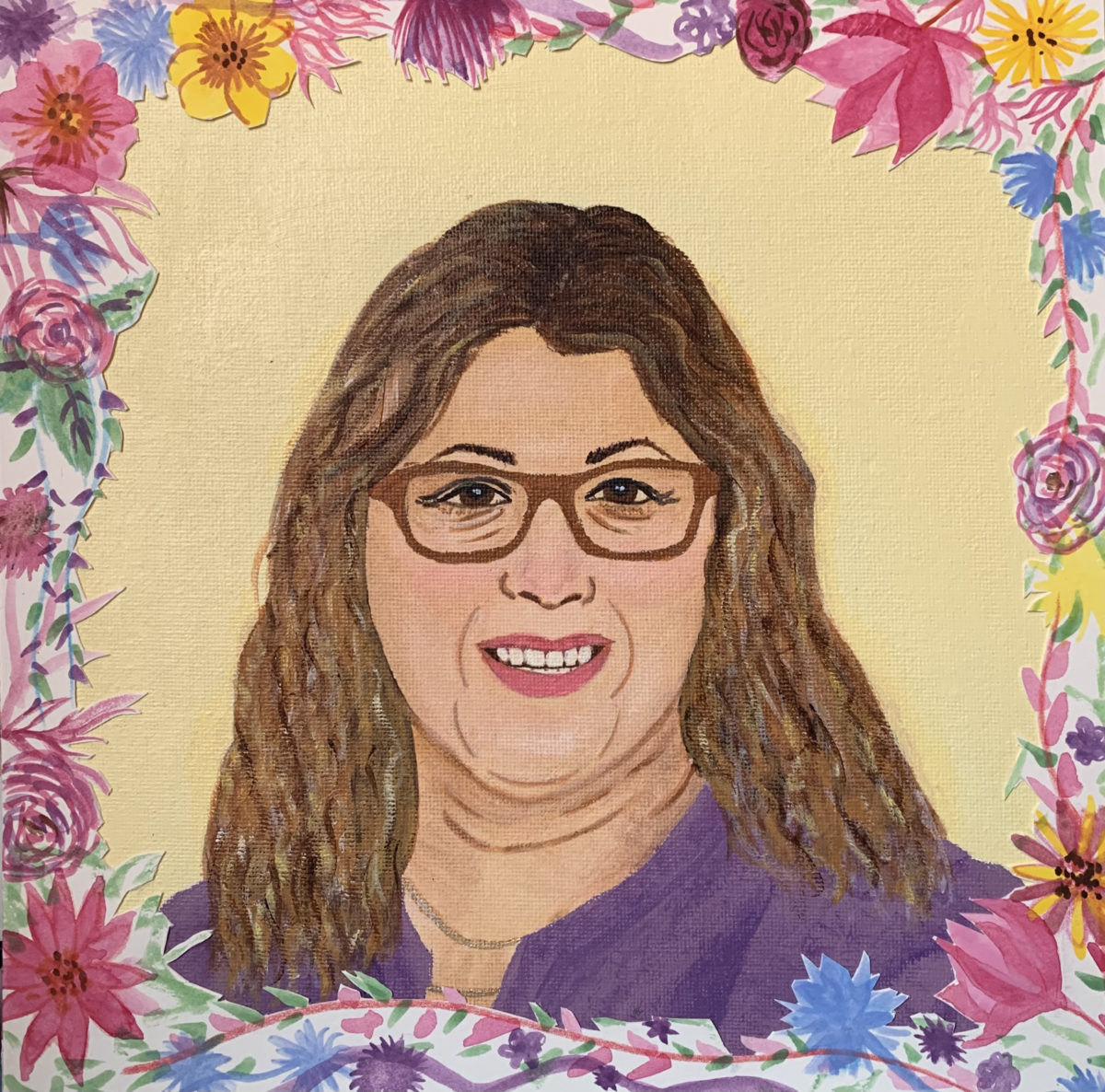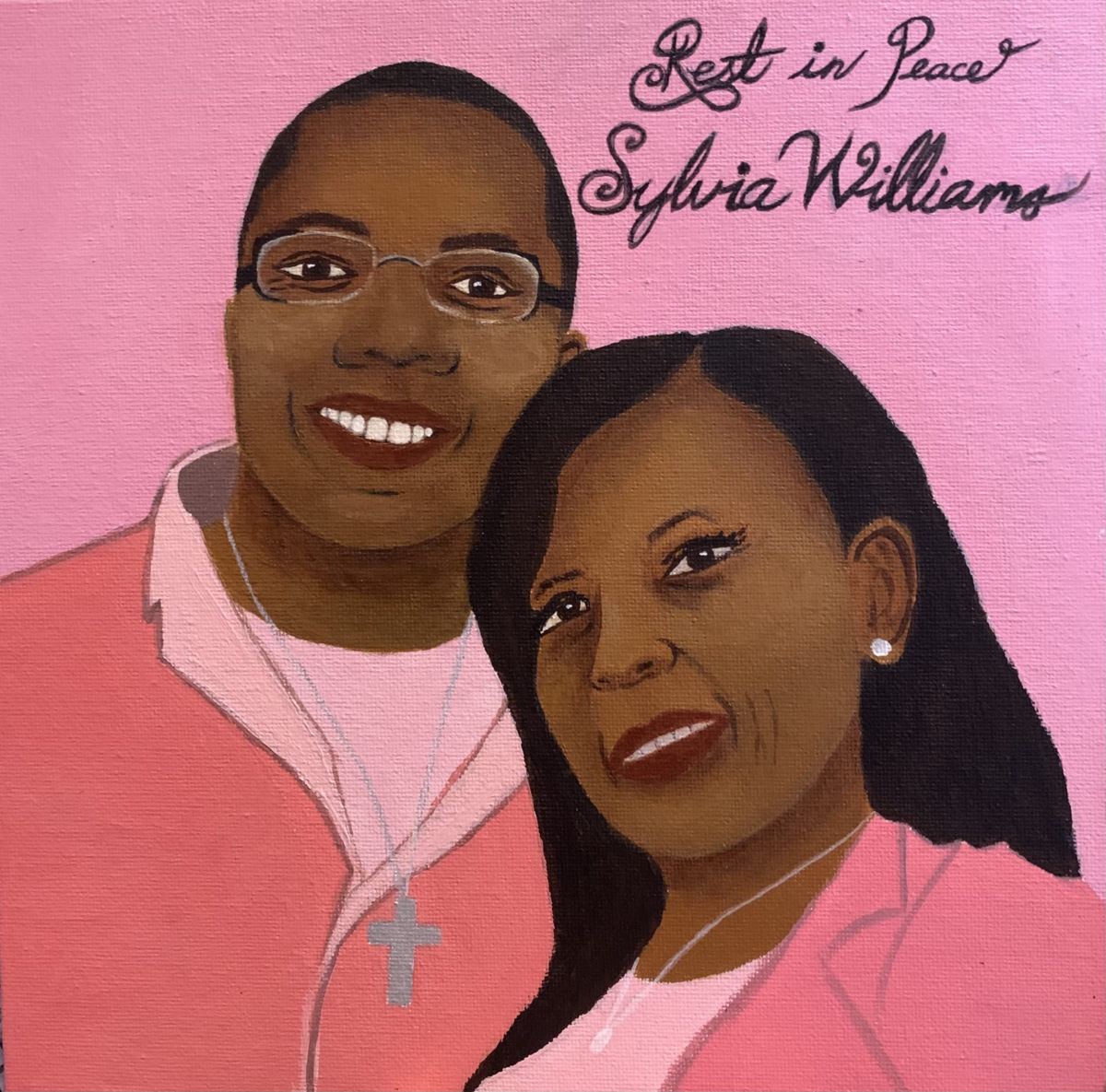
Louis Gibson isn’t taking his second chance for granted. After being sentenced as a child to die in prison, he’s living a life he didn’t think was possible just a few years ago – working his first paid job at the Louisiana Parole Project (LPP), getting married, and welcoming his first child into the world.
Unfortunately, people like Louis may never have the opportunity to experience such milestones if the state continues to pursue death-in-prison sentences for youth. That’s why he and other former “juvenile lifers” – alongside LPP, LCCR, and other organizations – are pushing for the Louisiana legislature to finally abolish juvenile life without parole (JLWOP) in 2021.
HB 254, sponsored by Representative Richard Nelson (R-Mandeville), would provide parole eligibility after 25 years to every person sentenced to life as a child. It does not guarantee release; it simply allows someone the opportunity to demonstrate what they’ve accomplished and who they’ve become over the preceding decades. Ultimately, the parole board determines whether they can safely rejoin the community.

Of the 68 juvenile lifers who have been granted release so far, not a single one has been rearrested. Most have jobs and some own their own businesses. Many have reconnected with loved ones and even started families of their own. They volunteer in their communities, mentor youth, and just enjoy the little things – like being able to choose what to have for breakfast in the morning.
“The young men and women we’re talking about are people who were just like me. We made poor choices…We hurt people,” said George Gillam, a former juvenile lifer. “But we have maximized our opportunities and I know beyond a shadow of a doubt that the parole board is going to let out guys like Louis and me who are just gonna get out and do the right thing.”
While Louisiana has allowed some juvenile lifers to seek parole, it has failed to comply with U.S. Supreme Court rulings that deem JLWOP sentences unconstitutional in all but the rarest of cases. Since 2012, the state has condemned three times more children to JLWOP than any other state. 93% of them have been Black.

“Coming up in New Orleans, all you heard as a Black young male is either that you’re gonna wind up in prison or you’re gonna be dead…It’s what white America told me,” said Shon Williams, LCCR’s Outreach Coordinator and a former juvenile lifer.
By passing HB 254, Louisiana would join a groundswell of states that are confronting the racist legacy of JLWOP and turning their backs on extreme sentences for youth. 31 states have already banned the sentence or have no one serving it, and six others are actively considering legislation to abolish JLWOP.
Louis hopes Louisiana will join the growing movement this year. His message to state lawmakers is simple: “Give kids a chance…The only thing we ask is that you give them a chance just as I was given a chance and have taken full advantage of it.”
To hear more from Louis and Shon, check out our recent panel on abolishing juvenile life without parole.